
By Kestér Kenn KLOMEGÂH
In this insightful interview, Professor Jude Osakwe, Continental Chairman of the Nigerians in Diaspora Organisation (NIDO) Africa, highlights the rapidly shifting global trade landscape and the renewed focus on intra-African trade. This necessitates convening the Regional Trade Conference — ‘Made-in-Nigeria’ — in Dakar, Senegal, from 24–28 November 2025.
Professor Osakwe underlined a key message: while multilateral trade frameworks are increasingly fragmented, this development presents a strong opportunity to strengthen the African Continental Free Trade Area (AfCFTA). Consequently, Nigeria’s NIDO-Africa “Made-in-Nigeria” initiative aims to advance the country’s trade aspirations within the framework of the African Union’s Agenda 2063. Below are excerpts from the interview. Here are the interview excerpts:
Q:In the context of geopolitical shift, how would you characterise and argue that the forthcoming event ‘Made-in-Nigeria’ is an integral aspect of Intra-Africa trade policy under the African Union?
Professor Jude Osakwe: The ‘Made-in-Nigeria’ event represents a critical convergence of continental trade ambitions and national industrial capacity at a pivotal moment in global economic realignment. As multilateral trade frameworks face increasing fragmentation and regional blocs strengthen, Africa’s response through the African Continental Free Trade Area (AfCFTA) signals our determination to chart an independent economic trajectory.
Nigeria, as Africa’s largest economy and most populous nation, occupies a unique position in this continental project. The ‘Made-in-Nigeria’ initiative directly advances the AU’s Agenda 2063 objectives by showcasing indigenous manufacturing capacity, promoting value addition within the continent, and demonstrating that intra-African trade can be anchored in substantive productive capabilities rather than merely raw material exchange.
This event specifically addresses a fundamental challenge in African integration: the current reality that intra-African trade represents only approximately 15-18% of the continent’s total trade, significantly lower than other regions.
By highlighting Nigerian-manufactured products, from processed foods and pharmaceuticals to technology solutions and creative industries, we are providing tangible evidence that African nations can serve as both producers and consumers within a genuinely integrated market. This isn’t theoretical policy; it’s operational implementation of the AfCFTA’s vision.
Q:Under NIDO-Africa leadership, what are the expectations during this event? Despite the fact that it is focused on intra-Africa, are foreign traders and importers your targets, as a priority of raising the level of economic cooperation with Nigeria?
Osakwe:NIDO-Africa’s leadership brings a distinctive diaspora perspective, we understand both African productive capacity and global market demands, having operated at this intersection throughout our professional lives. Our expectations for this event are strategically layered.
Primarily, we’re facilitating meaningful intra-African commercial connections. This means bringing together procurement officers from African governments, regional distributors, retail chains, and manufacturing firms who can establish long-term supply relationships with Nigerian producers. The goal is to create sustainable trade corridors, not one-off transactions.
However, your question touches on an important strategic dimension: foreign traders and importers are indeed significant targets, though we’d characterise them as complementary rather than competing priorities. Nigeria’s economic growth requires both expanded African market access AND continued global trade partnerships. Foreign importers, particularly from the US, Europe, Asia, and the Middle East, serve multiple strategic purposes:
* They bring capital, technology transfer, and global best practices
* They can establish joint ventures that enhance Nigerian productive capacity
* They provide access to markets beyond Africa’s current absorption capacity
* Their participation validates the quality and competitiveness of Nigerian products
The sophistication of our approach is precisely that we’re not presenting this as an either/or proposition. We’re positioning Nigeria as a continental manufacturing hub that serves African markets while maintaining robust global trade relationships. Foreign traders who engage now gain preferred access to Africa’s 1.3 billion-person market through a Nigerian gateway.
Q:Can you give an assessment and significance of the current level of economic cooperation between Nigeria and, for instance with the United States, China, India and Russia?
Osakwe: Nigeria maintains strategically important but differently configured relationships with each of these global powers, and understanding these dynamics is essential to appreciating where opportunities for deeper cooperation exist:
United States: The relationship centers on energy (Nigeria was historically a significant oil supplier), security cooperation, and development assistance. While trade volumes remain substantial, there’s significant unrealised potential in non-oil sectors, technology, pharmaceuticals, agribusiness, and creative industries. The challenge is moving beyond a resource-extraction paradigm toward genuine industrial partnership.
China: China has become Nigeria’s largest trading partner and a major infrastructure financier, particularly in railways, power generation, and telecommunications. However, the relationship faces tensions around trade imbalances, Nigerian imports from China far exceed exports, and concerns about local manufacturing displacement. The opportunity lies in negotiating technology transfer agreements and joint ventures that build Nigerian productive capacity rather than simply facilitating imports.
India: Often underappreciated, India maintains deep pharmaceutical, automotive, and ICT connections with Nigeria. The relationship is characterised by significant Indian investment in Nigerian manufacturing and a substantial expatriate business community. This represents perhaps the most balanced model among Nigeria’s major trading relationships, with genuine two-way flows in goods, services, and human capital.
Russia: Historically limited, this relationship has focused on energy sector cooperation (particularly nuclear power aspirations) and mineral resources. Recent geopolitical shifts have created space for expanded engagement, though infrastructural and financial linkages remain underdeveloped compared to other major powers.
The significance of these relationships is that they collectively demonstrate Nigeria’s multi-alignment strategy in an increasingly multipolar world. However, they also reveal a persistent pattern: Nigeria frequently engages as a commodity supplier and finished goods importer rather than as a manufacturing power. The ‘Made-in-Nigeria’ initiative aims to fundamentally disrupt this pattern.
In your opinion, what are the landmark achievements since the establishment of AGOA and Nigeria?
Osakwe: The African Growth and Opportunity Act, established in 2000, represents America’s most sustained trade initiative toward Sub-Saharan Africa, offering duty-free access to US markets for thousands of product categories. For Nigeria specifically, AGOA’s achievements are mixed—revealing both opportunities captured and potential unrealised.
Landmark achievements include:
*Energy sector exports: AGOA facilitated billions of dollars in petroleum exports to the US, though this sector would likely have developed independently given global oil demand
*Agricultural product access: Nigerian cocoa, cashew nuts, and sesame seeds have gained improved US market access, supporting smallholder farmers
*Textile and apparel potential: Though underutilised compared to East African nations, AGOA’s textile provisions have supported nascent garment manufacturing
However, the more significant story is unrealised potential:
Nigeria has chronically underutilised AGOA compared to countries like Kenya, South Africa, or Lesotho. Our non-oil exports under AGOA remain modest, representing a fraction of what our productive capacity could achieve. This underperformance stems from:
*Inadequate awareness among Nigerian manufacturers
*Compliance and certification challenges
*Infrastructure bottlenecks affecting export logistics
*Limited value-addition in sectors where we have raw material advantages
The landmark lesson from AGOA isn’t just about what’s been achieved—it’s about what becomes possible when market access meets productive capacity. Countries that invested in export-ready manufacturing infrastructure captured transformative benefits. Nigeria’s current focus on industrial policy and manufactured exports, exemplified by initiatives like ‘Made-in-Nigeria,’ positions us to finally realise AGOA’s full potential before its current extension expires in 2025 and as discussions for its successor framework develop.
Q:China is an active player now offering tariffs-free for Africa. Do you think that can play a noticeable role in providing long-term bilateral trade solution and, most probably, support the proposed ‘Made-in-Nigeria’ program being pursued by NIDO-Africa?
Osakwe: China’s announcement of tariff-free access for African least-developed countries, and its broader “Global South” economic engagement, represents both significant opportunity and strategic challenge for Nigeria and the ‘Made-in-Nigeria’ agenda.
The opportunity dimension:
China’s tariff elimination could theoretically provide Nigerian manufacturers with preferential access to the world’s second-largest consumer market, potentially transformative for sectors like processed agricultural goods, light manufacturing, and resource-based products. For manufacturers building capacity under the ‘Made-in-Nigeria’ program, this represents a massive potential market beyond Africa’s current absorption capacity.
Additionally, China’s established infrastructure investments in Nigeria, from railways to manufacturing zones—create potential synergies. If Nigerian producers can leverage these facilities to achieve economies of scale for Chinese market export, we could see genuine industrial deepening.
The challenge dimension requires candor:
Nigeria must be strategic rather than simply enthusiastic. China’s tariff-free offer, while generous in headline terms, operates within a complex reality:
*China’s manufacturing efficiency means the competitive pressure on emerging Nigerian industries could be overwhelming
*Historical trade patterns show massive imbalances, Nigeria imports far more from China than it exports
*Without deliberate industrial policy safeguards, preferential access could accelerate deindustrialisation rather than support manufacturing growth
The strategic approach for ‘Made-in-Nigeria’:
Rather than viewing Chinese engagement passively, NIDO-Africa and Nigerian policymakers should pursue aggressive negotiation for:
*Technology transfer requirements linked to market access
*Joint venture mandates ensuring Nigerian ownership stakes and skills development
*Local content requirements that build indigenous supply chains
*Sector-specific protection for infant industries while exporting in areas of established competitiveness
The long-term bilateral solution isn’t simply about accessing Chinese markets—it’s about ensuring Chinese engagement actively builds Nigerian productive capacity. If ‘Made-in-Nigeria’ products achieve quality certification for Chinese markets while we simultaneously protect space for domestic industries to mature, then yes, this could be transformative. Without such strategic conditionality, tariff-free access might simply formalise dependency.
Q:What opportunities and incentives are currently available, especially for potential importers of goods and entrepreneurial services from Nigeria?
Osakwe: This is where the ‘Made-in-Nigeria’ event becomes practically valuable for business decision-makers. Nigeria currently offers a compelling value proposition for importers and trading partners, though these opportunities remain underappreciated in global markets:
Immediate Commercial Opportunities:
*Processed agricultural products: Nigeria is a global leader in cocoa, cassava, sesame, and ginger production. Value-added products (cocoa powder, cassava flour, processed spices) offer quality at competitive prices with growing international certification
*Pharmaceutical and healthcare products: Nigerian pharmaceutical manufacturers increasingly meet international quality standards (WHO-GMP certification) and offer significant cost advantages for both African and global markets
*Creative and digital services: Nollywood productions, music, software development, and creative services represent high-growth export sectors
*Solid minerals: Beyond oil, Nigeria has underexplored reserves of tin, columbite, gold, and lithium, critical for technology and energy transition sectors
*Engineering and construction services: Nigerian firms have growing capacity for infrastructure delivery across Africa
*Incentives and Facilitation Mechanisms:
Nigerian Export Promotion Council (NEPC) support: *Export grant facilities, market information, and trade mission sponsorship
*Export Processing Zones: Tax incentives, duty-free importing of inputs, and streamlined customs procedures for export-oriented manufacturers
*AfCFTA rules of origin benefits: Products manufactured in Nigeria qualify for preferential access across African markets
*Diaspora investment facilitation: NIDO networks provide cultural bridge and due diligence support for foreign partners
*Naira depreciation dynamics: Currency adjustments have made Nigerian exports significantly more price-competitive internationally
What makes this moment distinctive:
Nigeria is simultaneously investing in power sector reform, transportation infrastructure, and digital connectivity, addressing historical bottlenecks that previously constrained export reliability. Early entrants who establish supply relationships now will benefit from improving operational environment while competing players face higher entry barriers later.
For entrepreneurial service importers specifically, consultancies, technology firms, financial services, Nigeria’s 200 million population, growing middle class, and youthful demographic create one of Africa’s most dynamic service markets. Foreign firms entering now via the ‘Made-in-Nigeria’ network gain first-mover advantages and local partnerships that determine long-term market position.
Q:Would you, finally, agree that foreign players are generally competing and rivalry-ing for existing investment opportunities based on the fact that Nigeria maintains a conducive business environment, and has political stability?
Osakwe: This question requires a nuanced, honest response that serves your audience better than diplomatic oversimplification.
The competition for Nigerian opportunities is real and intensifying—but the drivers are complex:
*Foreign players, from American tech firms to Chinese manufacturers to Indian pharmaceutical companies, are indeed actively competing for Nigerian market position. However, this competition is driven less by current “conducive business environment” claims and more by:
*Market size and demographic trajectory: Nigeria will be the world’s third-most populous nation by 2050. No serious global business strategy can ignore this market scale
*Resource endowment: Beyond oil, Nigeria’s agricultural potential, solid minerals, and renewable energy capacity remain substantially underdeveloped
*Regional gateway positioning: Nigeria’s influence across West Africa and its role in AfCFTA make it a continental strategic anchor
*Competitive positioning relative to rivals: Companies enter Nigeria not because conditions are optimal, but because competitors are entering—creating a self-reinforcing dynamic
Now, the necessary candor about “conducive business environment” and “political stability”. Nigeria faces well-documented challenges that honest assessment requires acknowledging:
*Infrastructure deficits (power, transportation, ports) that increase operational costs
*Security concerns in certain regions affecting supply chain reliability
*Regulatory complexity and inconsistency across different government levels
*Foreign exchange management issues that complicate repatriation
*Periodic political transitions that create policy uncertainty
However, and this is strategically crucial, successful businesses understand that emerging markets offer risk-return trade-offs:
The same factors that create operational challenges also create barriers that protect market share once established. Companies that enter Nigeria now, master its complexities, and build local partnerships (precisely what ‘Made-in-Nigeria’ facilitates) gain sustainable competitive advantages that later entrants cannot easily replicate.
The more accurate framing:
*Foreign players compete for Nigerian opportunities not because the business environment is perfect, but because:
*Nigeria’s economic fundamentals (population, resources, market size) are transformational
*The government is actively pursuing reforms (power sector, infrastructure, ease-of-business)
*Current challenges create discounted entry valuations for capable operators
*The alternative, waiting for “perfect conditions”, means ceding market position to competitors
NIDO-Africa’s role in this context:
We help bridge the gap between Nigeria’s potential and its current operational reality. The ‘Made-in-Nigeria’ event specifically reduces information asymmetry, facilitates credible partnerships, and helps foreign players navigate complexity. We’re not claiming Nigeria has achieved ideal conditions, we’re demonstrating that substantial opportunities exist for strategically sophisticated players, and we’re providing the networks and knowledge to capture those opportunities effectively.
The post Nigeria trading across the Continent under NIDO-Africa’s Leadership appeared first on The Business & Financial Times.
Read Full Story






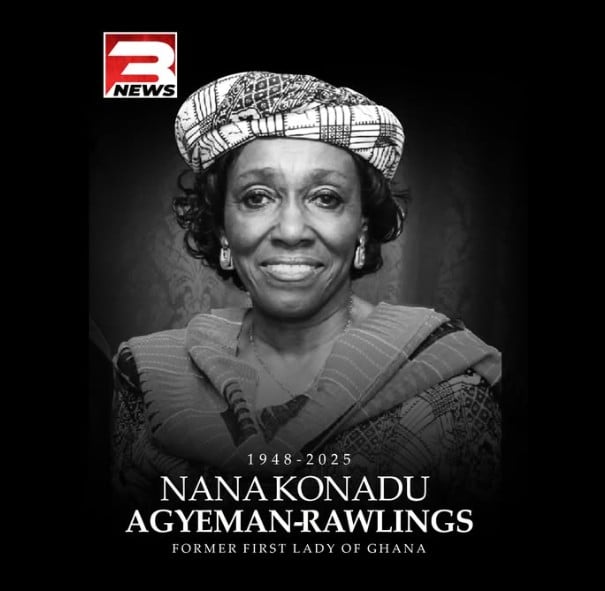

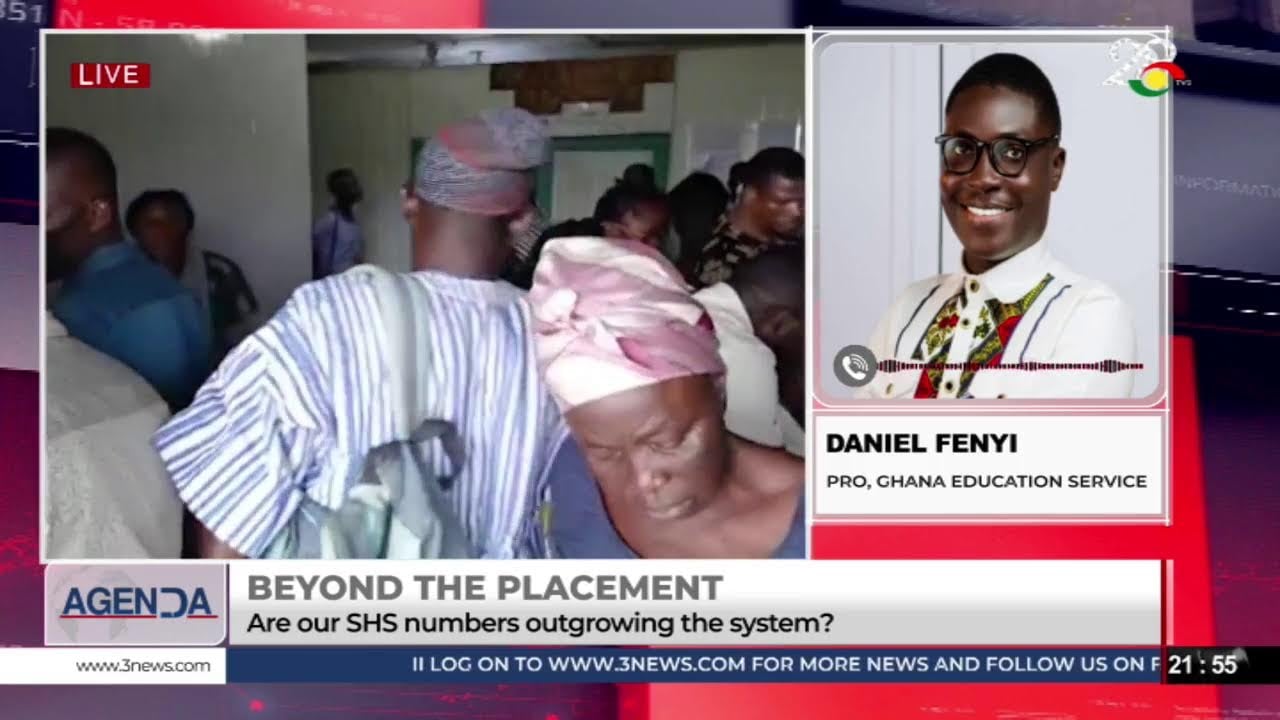

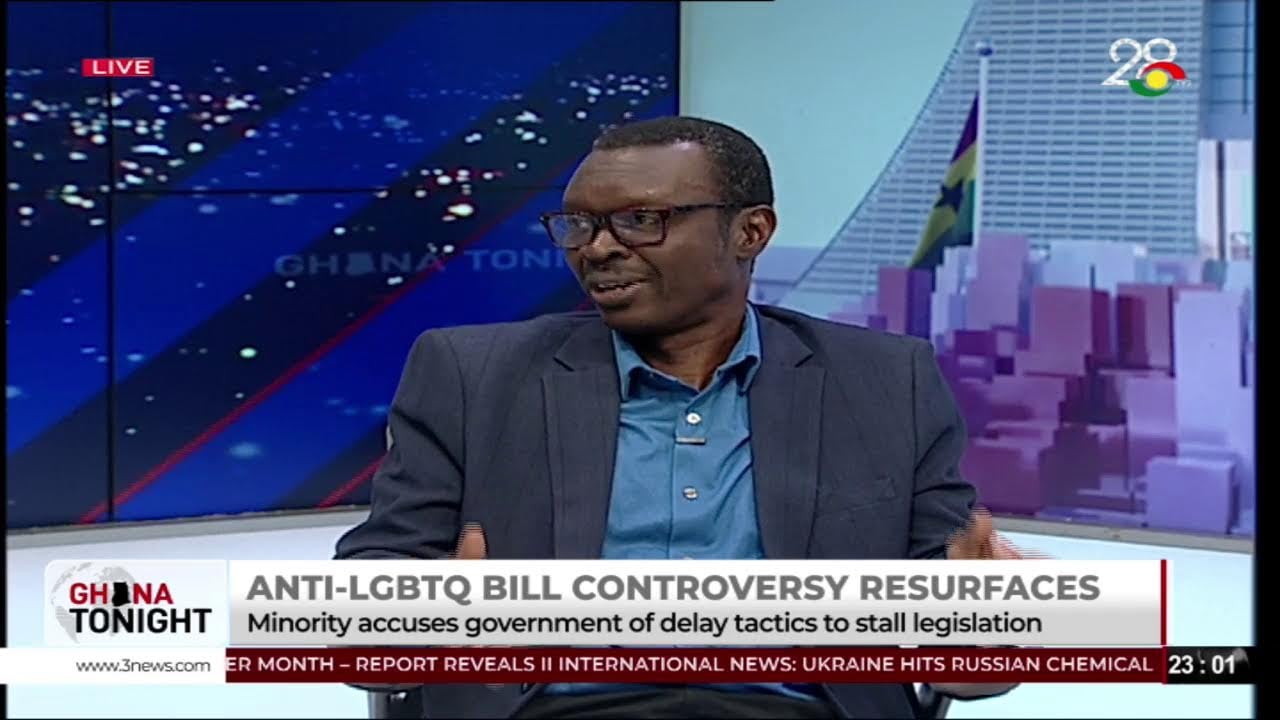

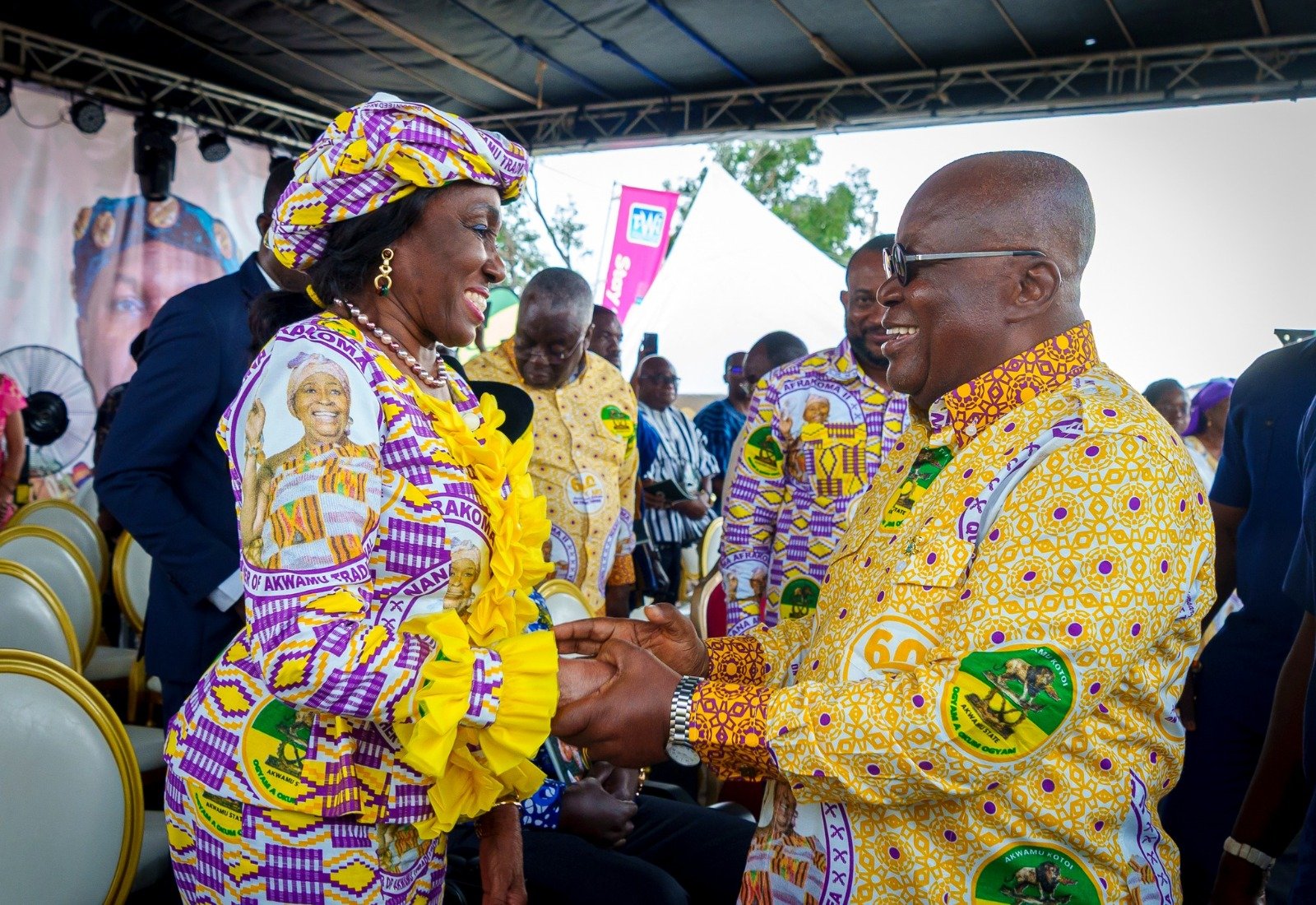




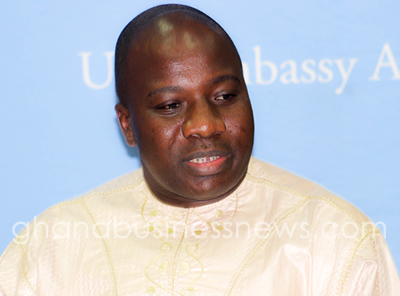



Facebook
Twitter
Pinterest
Instagram
Google+
YouTube
LinkedIn
RSS